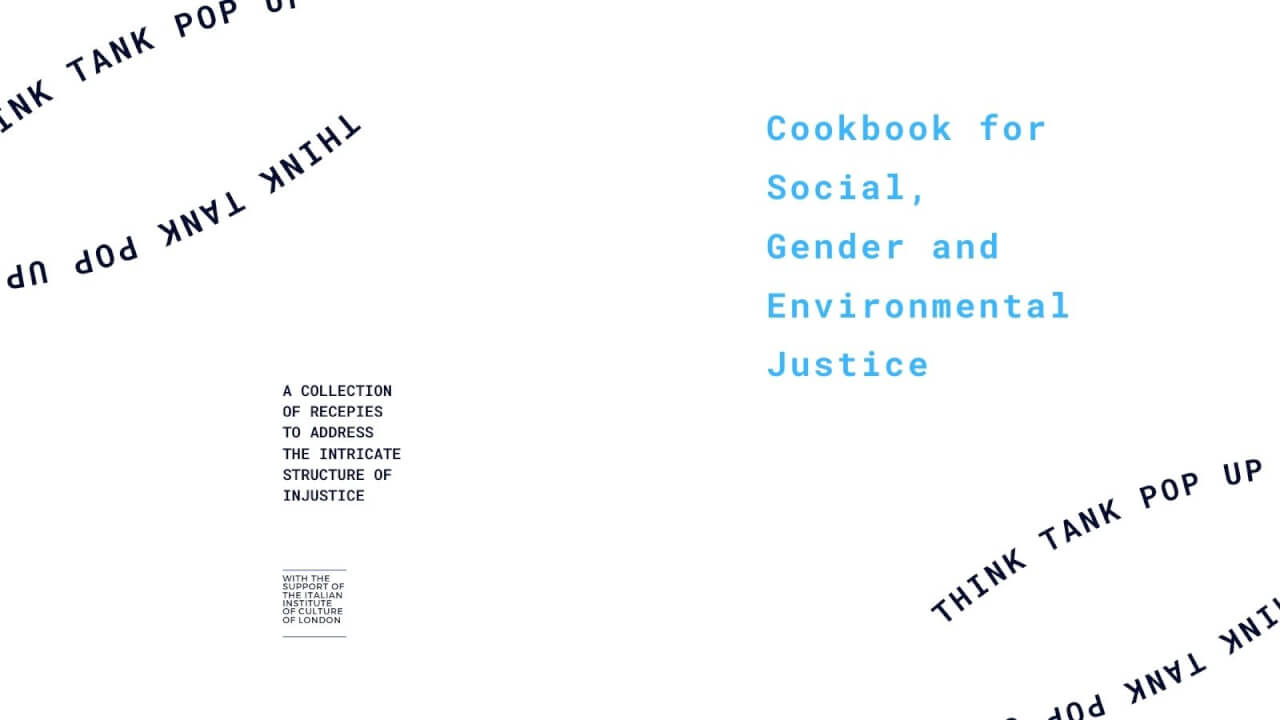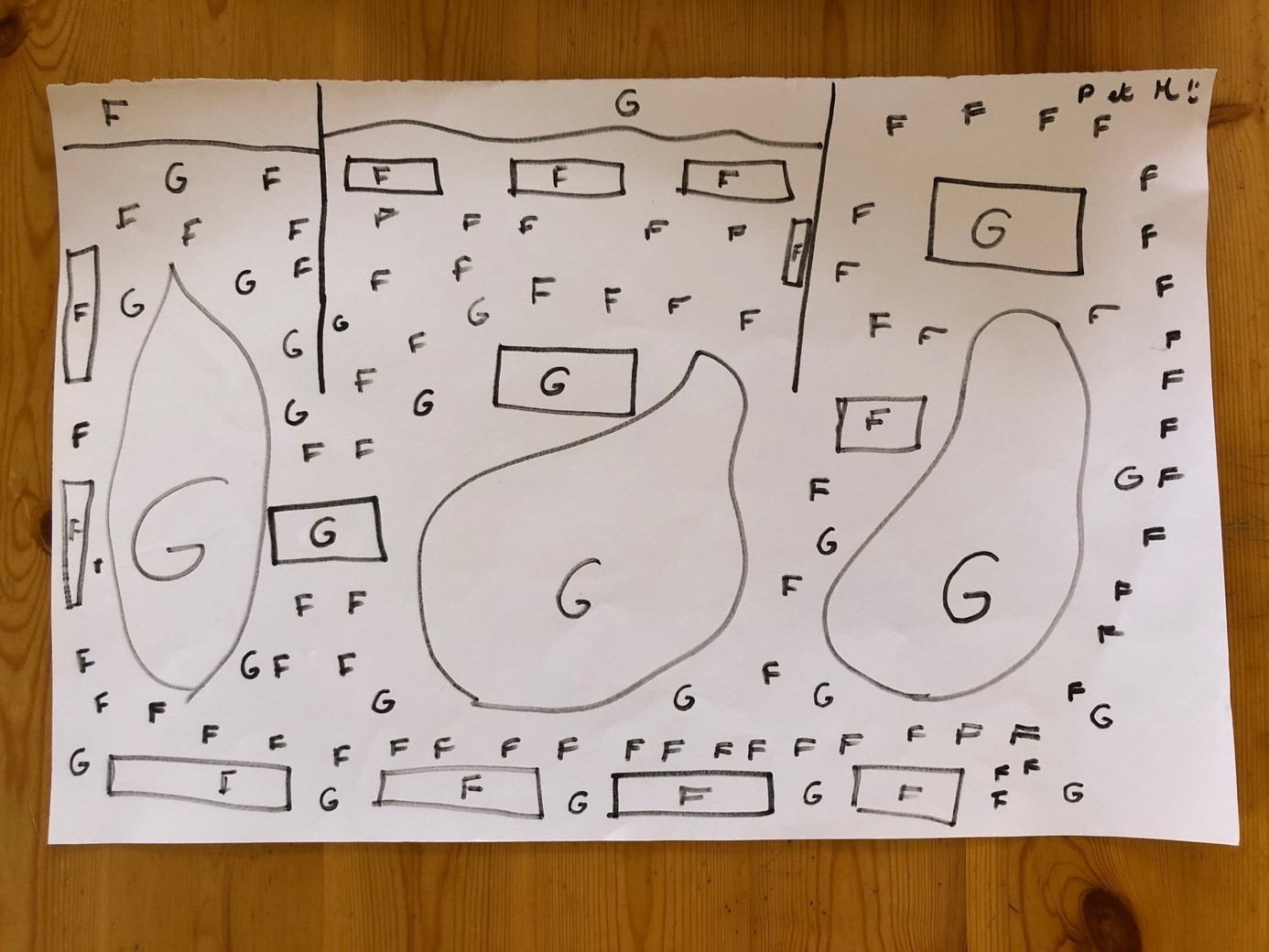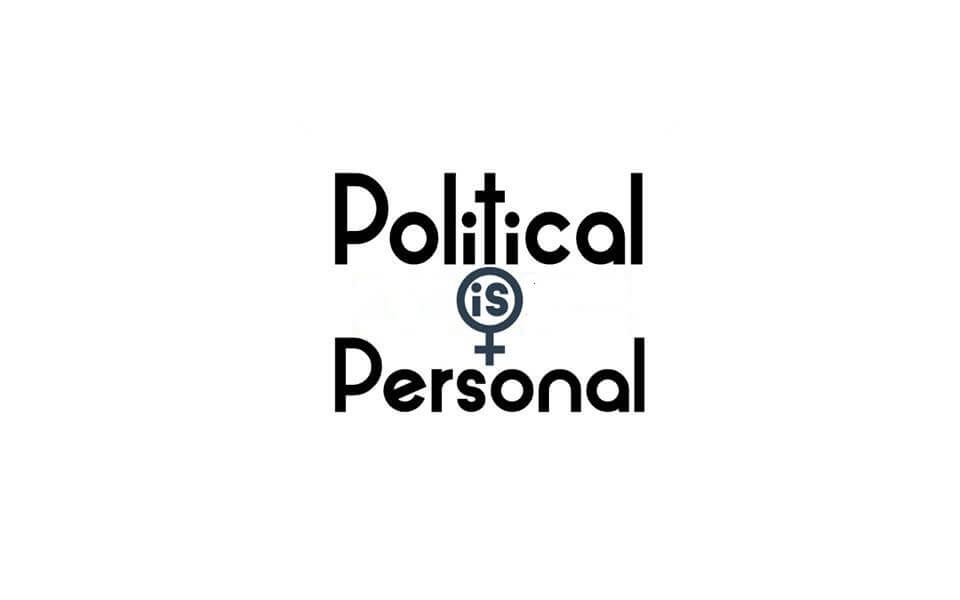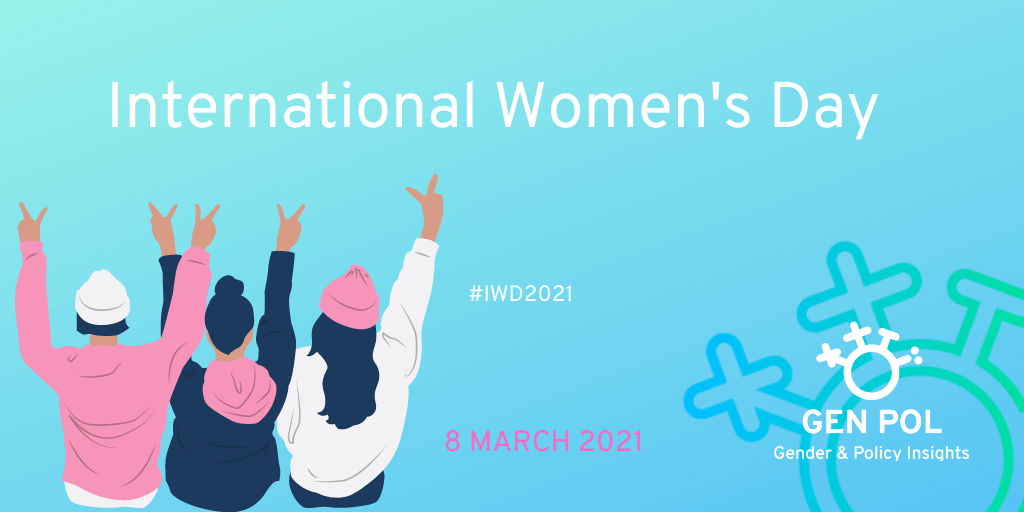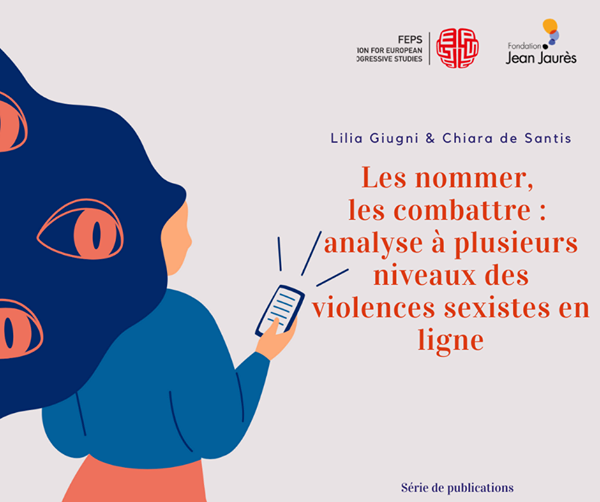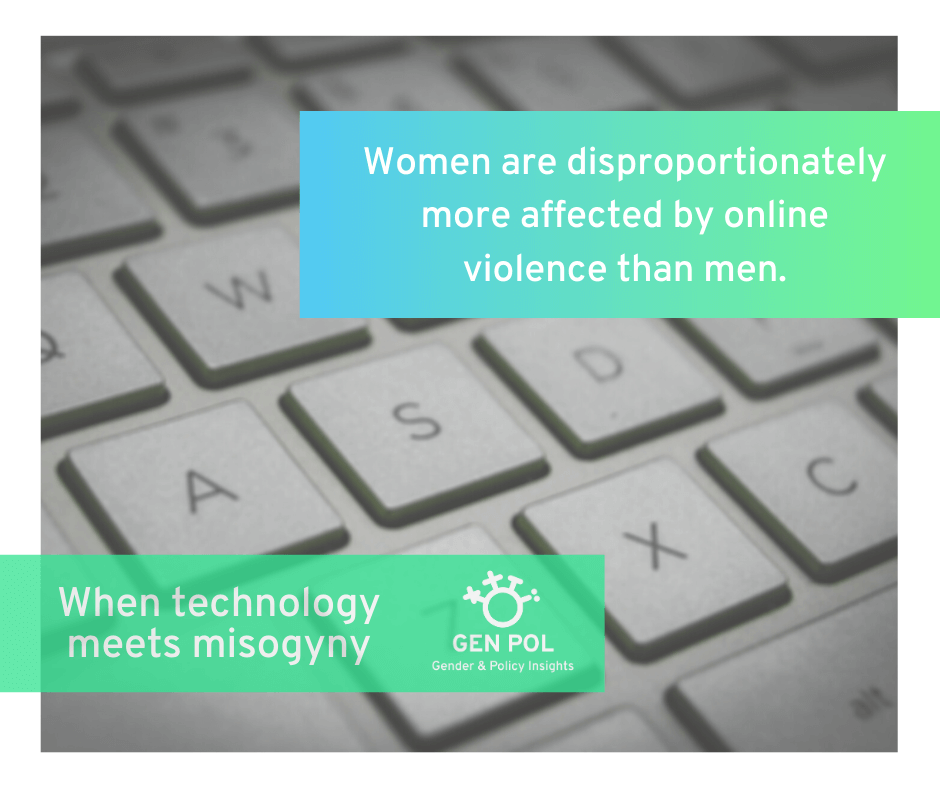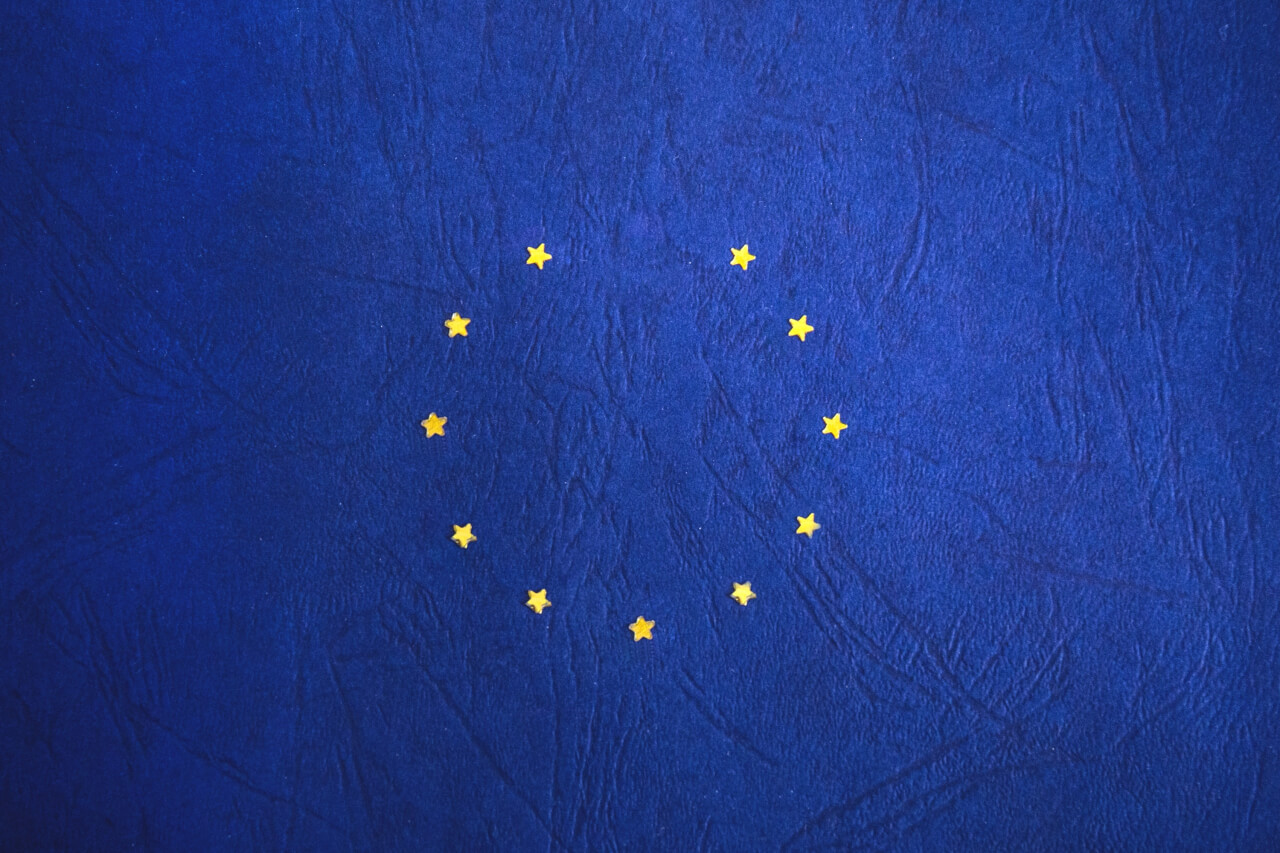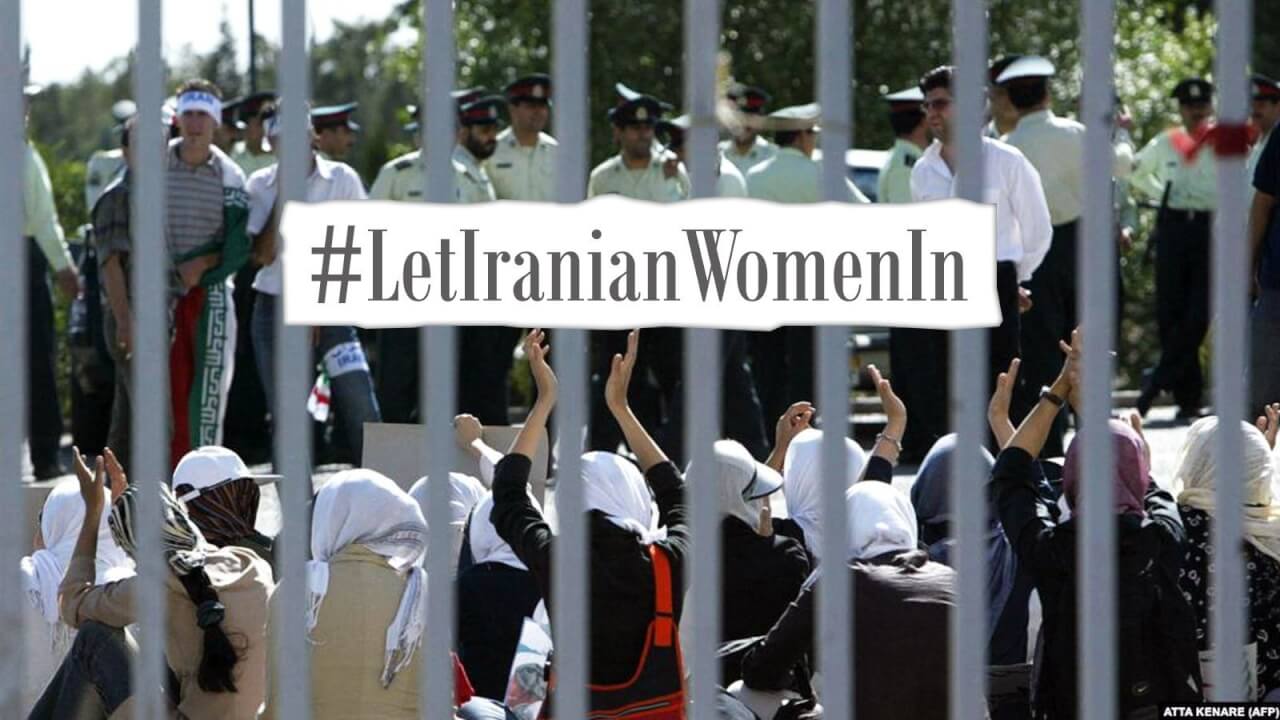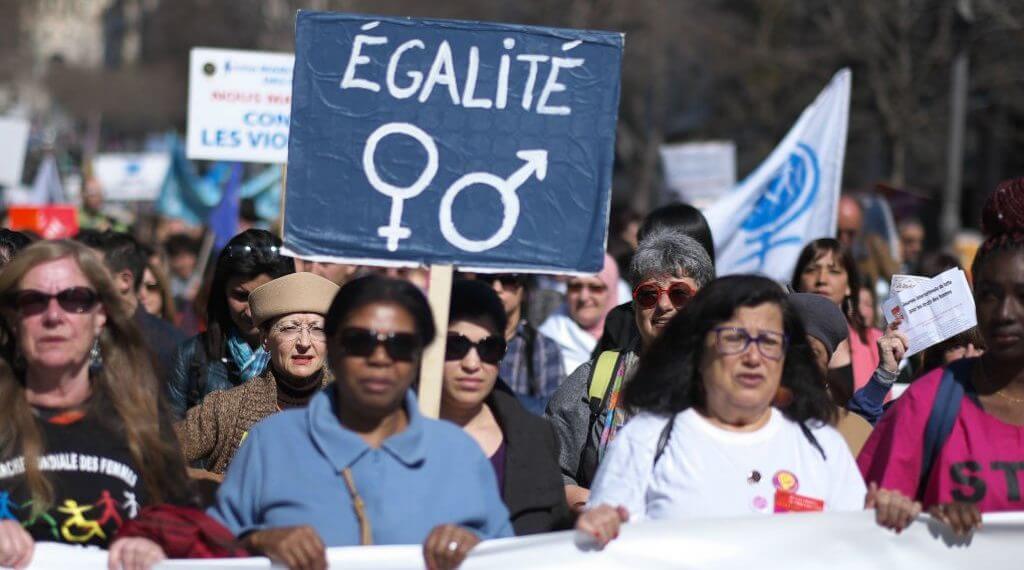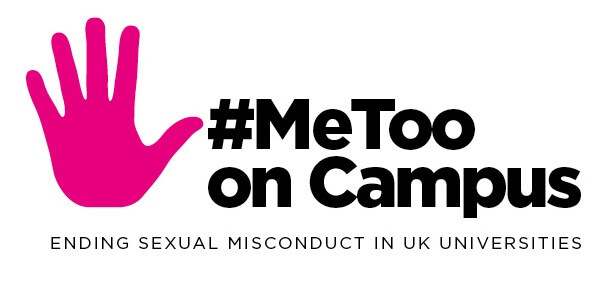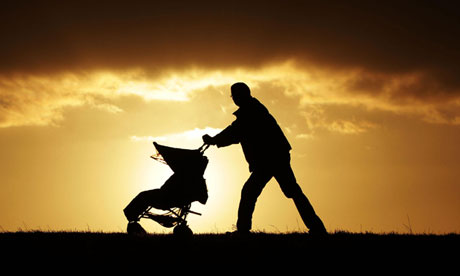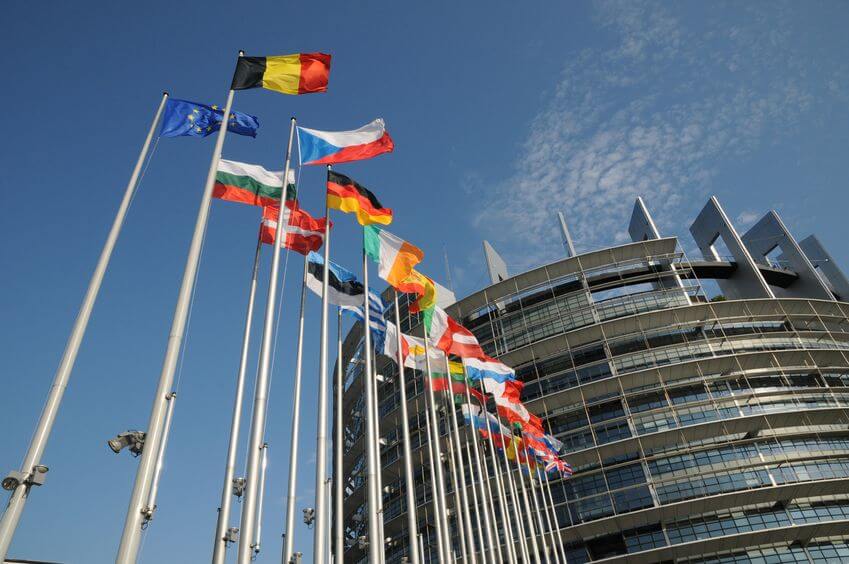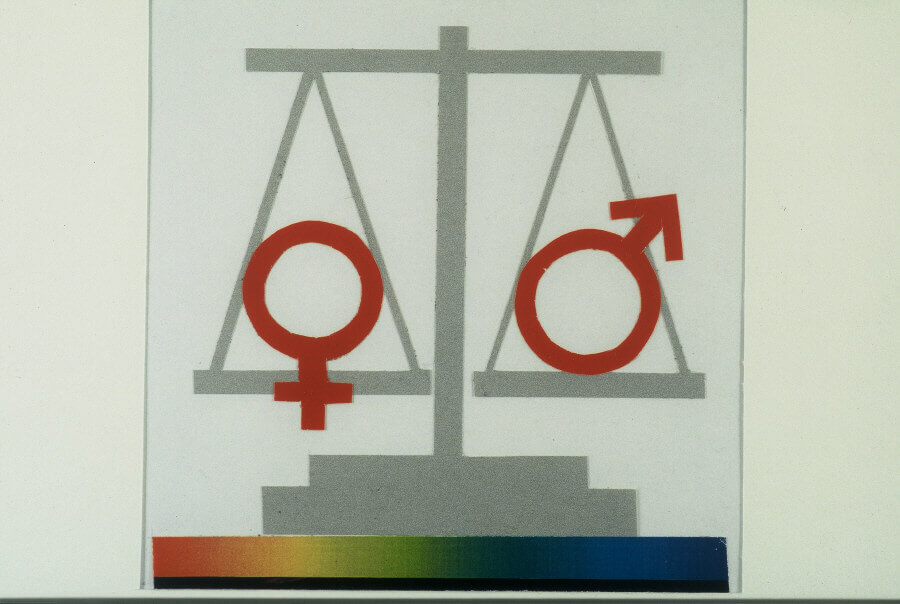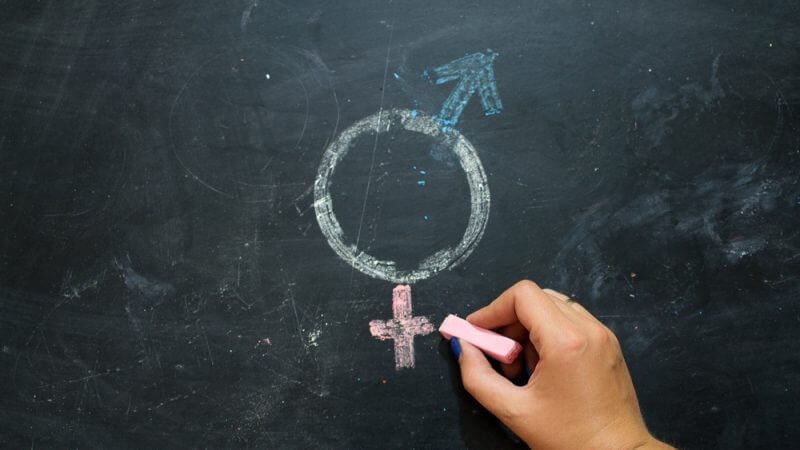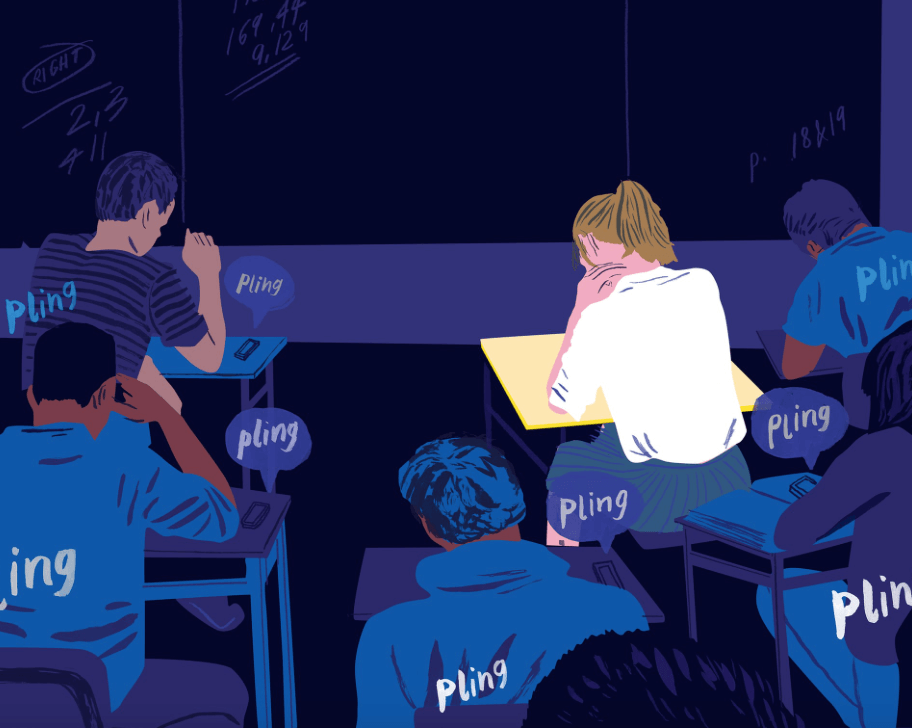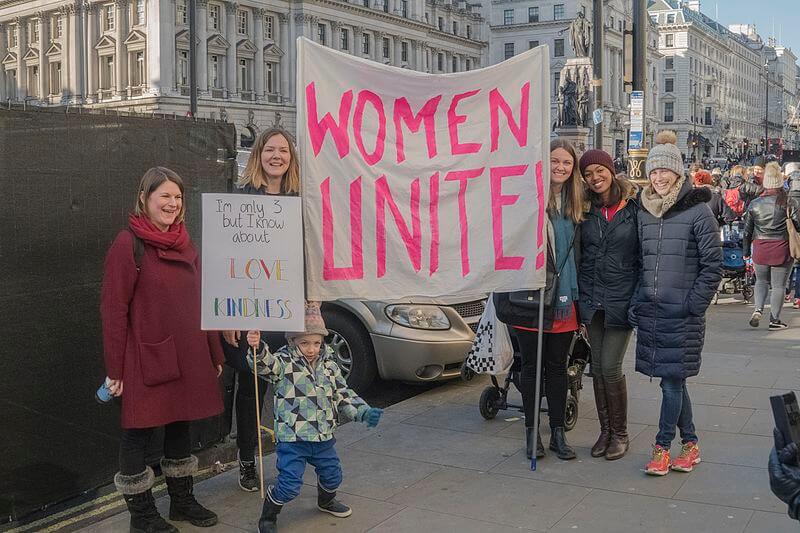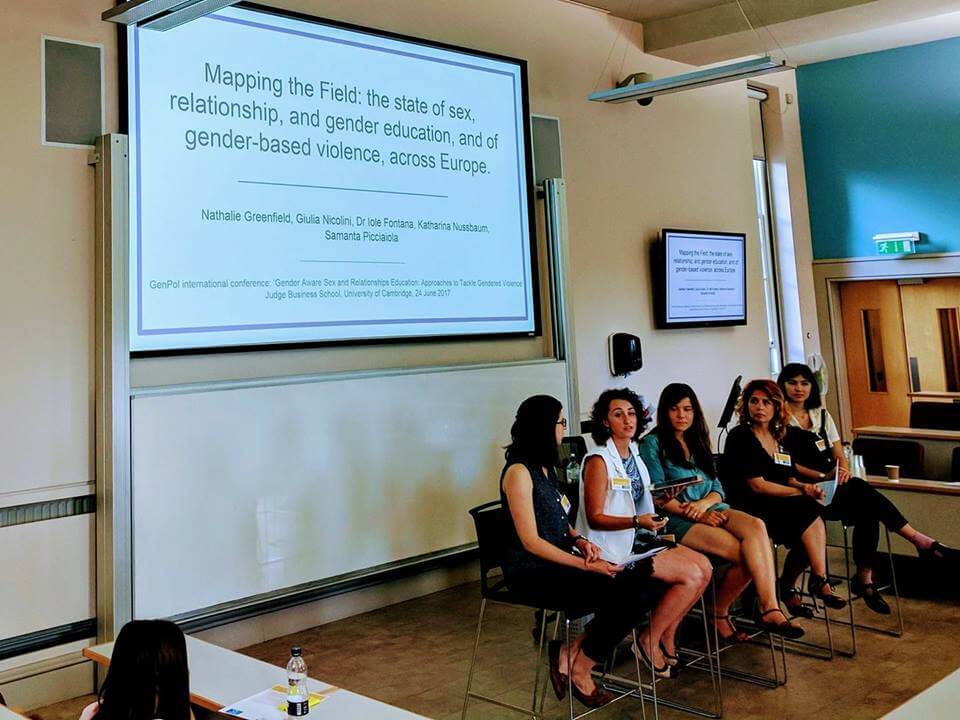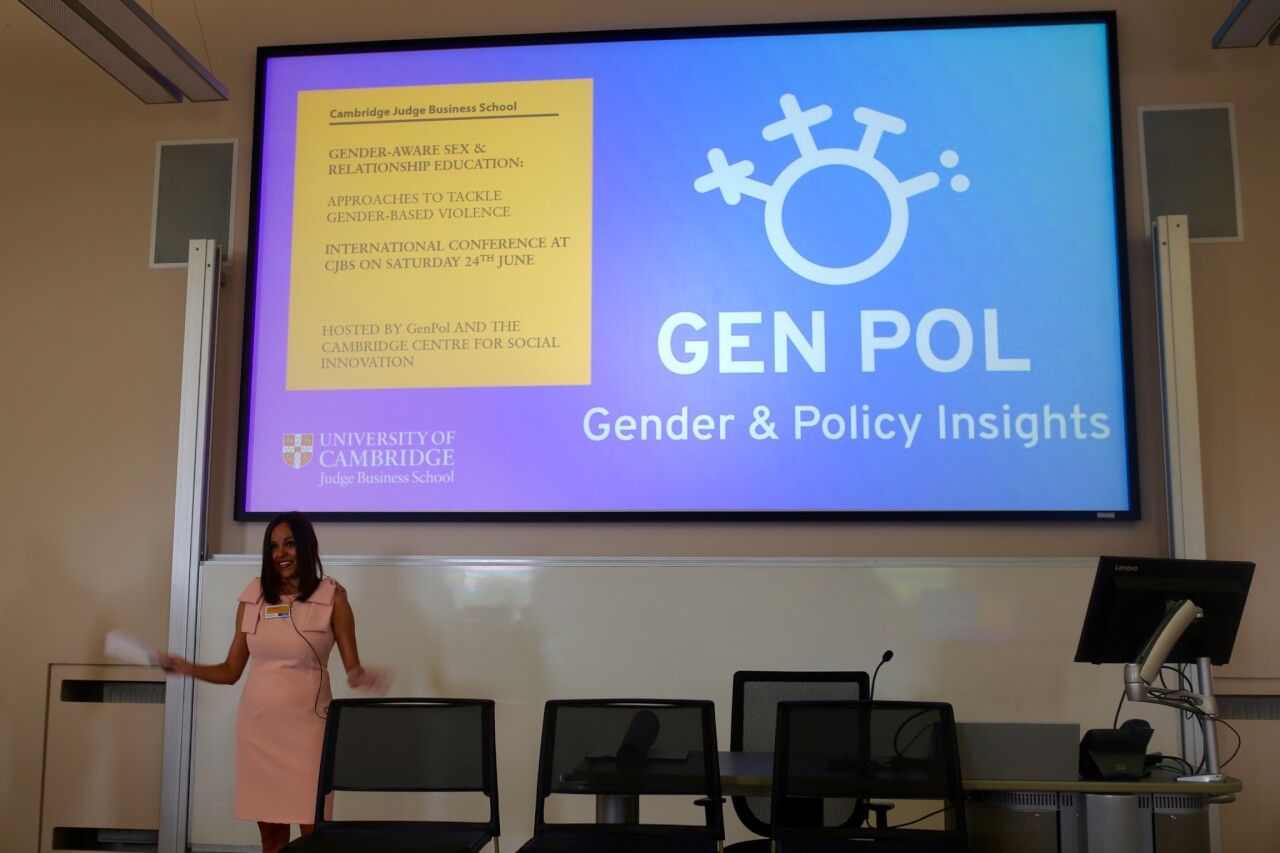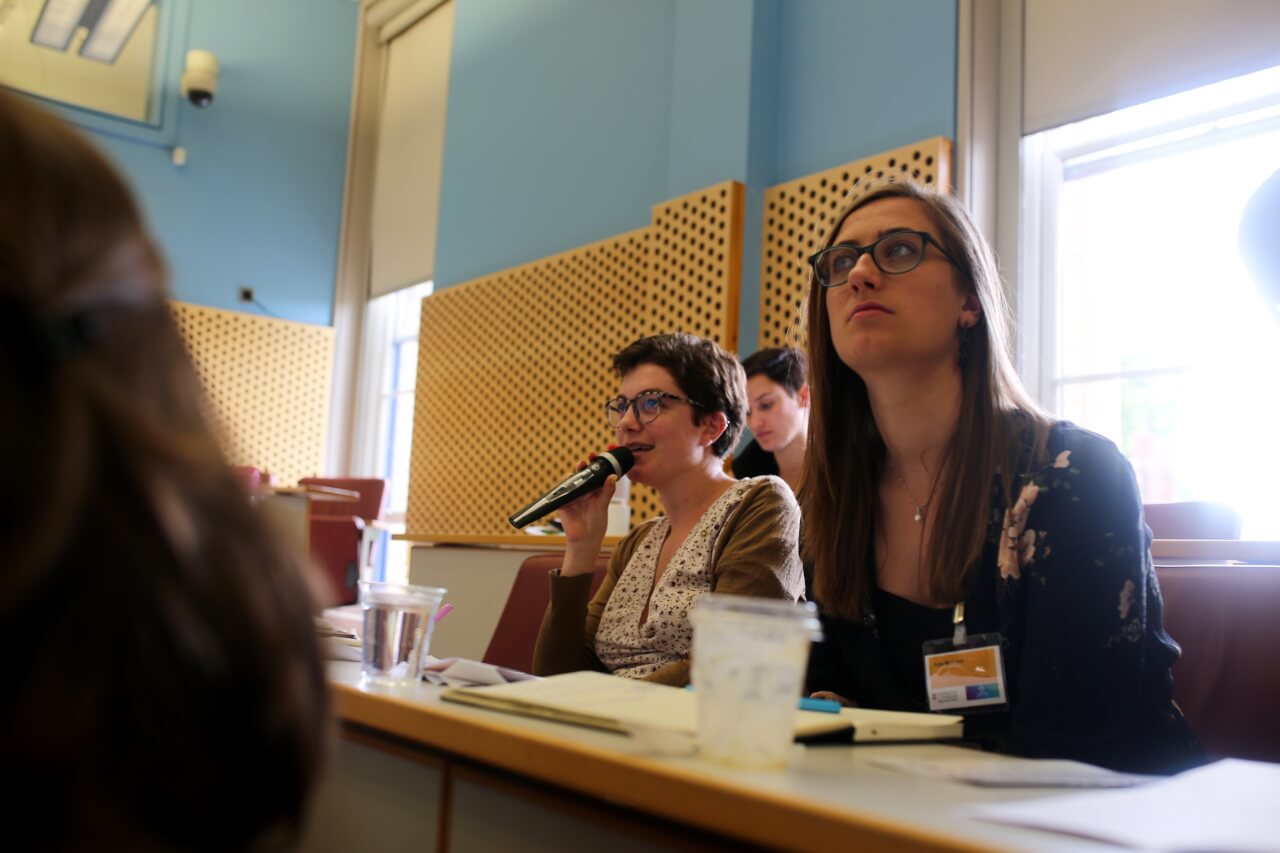
If you ask policymakers and academics around the world what is the most pressing issue in the 21st century, climate change would be a prominent answer. This global phenomenon affects our natural systems and consequently, our well-being. In his recent documentary ‘A Life on Our Planet’, David Attenborough predicted that by 2050, the oceans will be warmer and more acidic, and coral reefs around the world will bleach and die. This will cause fish populations to decline, which will affect millions of people who rely on the ocean for their livelihoods.
As a 23-years old recent graduate, these predictions concern me. But what really astonishes me is that gender can determine the amount of risk and impact climate change has on your livelihood. Climate Change affects people differently, affecting the most vulnerable in our society disproportionally. However, by labeling women as a vulnerable group, powerless to the impact of climate change, the main message of ecofeminism gets lost. Women are important actors of change and great stakeholders in the fight against climate change. This is why I believe it is important to implement an ecofeminist perspective into our climate conventions, policies, and programs.
Gender Matters
Women, particularly in developing countries, are more vulnerable to climate change since they rely more on natural resources and make up a great amount of the agriculture labour force. The cultural and social norms, present in their societies, affect women’s positions and conditions. Besides, they have unequal access to resources, information and decision-making processes, limited mobility, and the threat of sexual violence. 75 percent of people displaced by climate change are women and children due to uncertain socioeconomic status, behavioral restrictions, and lack of access to information.
Understanding the gendered risks is essential to achieving sustainable development, corroborating the idea that ecofeminism explores how: “male domination of women and domination of nature are interconnected, both in cultural ideology and in social structures (Ruether 1992, 2).”
The central piece to the puzzle
The initiative of the UN Convention on Climate Change (UNFCCC) called ‘Momentum For Change’ created a platform called Women For Results which recognizes climate solutions that are led by women. In Belize, women receive training on marine tourism and lagoon ecology. They restore coral reef habitats and have replenished already over one hectare of shallow reef. The programme also recognises that women need to be better represented at all levels in the decision-making process. Nowadays, 75 percent of power positions are held by men, these include both politicians and high-level diplomats who work around climate treaties and action plans, but also CEOs of multinational enterprises who discuss measurements to diminish their ecological footprint. Imagine which profiles are sitting at the table, will the aspect of gender be fully taken into account along the way?
Why a gender-responsive approach is essential
Women make up half the world’s population. When the voices of women across the world are underrepresented and unheard at the local, regional, or global level, this means that only half of the world’s population is listened to. Therefore, women’s empowerment and participation are essential in fighting climate change and can be reached through structural and cultural changes, economic empowerment, and capacity building, together with taking on a gender-responsive approach.
Yet, the pitfall remains that international conventions, national policy decisions, and local meetings just ‘add women and stir’. Inviting women to the debates does not generate a gender-responsive environment since women can be reluctant to speak or share their opinion due to cultural norms, no access to information, or no interest in their point of view. Therefore, it is crucial to recognize the particular needs, priorities, power structures, status, and relationships between women and men and adequately address this in the design, implementation, and evaluation of activities (GEF Policy on Gender Equality, 2017). Inclusive consultation with both men and women at the design and implementation phases of projects provides a considered approach representative of the strengths that both genders generate.
For example the UN Convention to combat desertification adopted a clause that stated the need for gender-responsive policies and measures, the ambition to ensure the full and effective participation of both men and women in planning, decision-making and implementation at all levels, and the empowerment of women, girls, and youth in the affected areas.
Ultimately, climate change impacts people differently and when climate change solutions address these differences, they become more effective and creates a ripple effect through society. To put it in David Attenborough’s words:”We can still turn this around, but we have to act now”. The best way, surely, to turn things around is by choosing an ecofeminist path.
Morane Verhoeven
Morane is a recent graduate in Global Peace, Security and Strategic Studies at the Brussels School of Governance. Morane is a Gender and Technical Assistant in the non-profit sector with a particular interest in ecofeminism.
